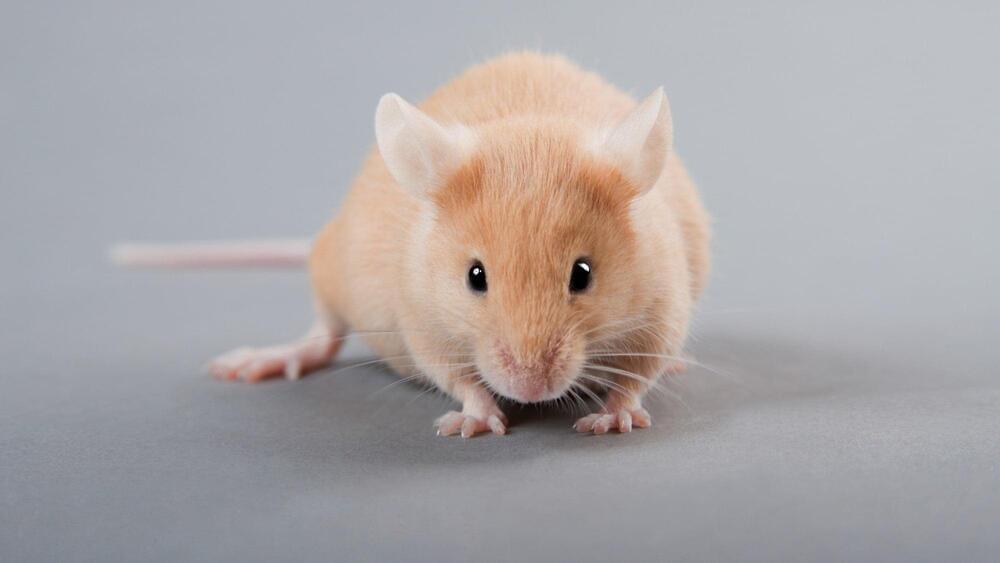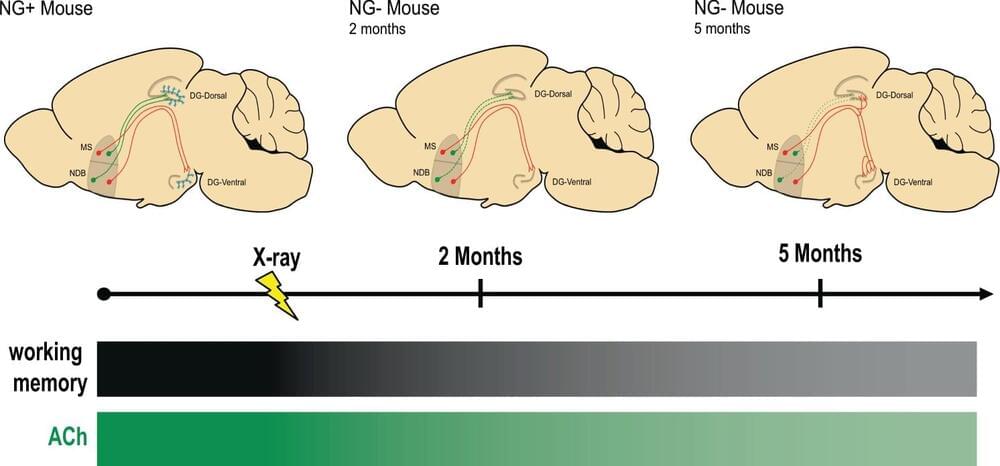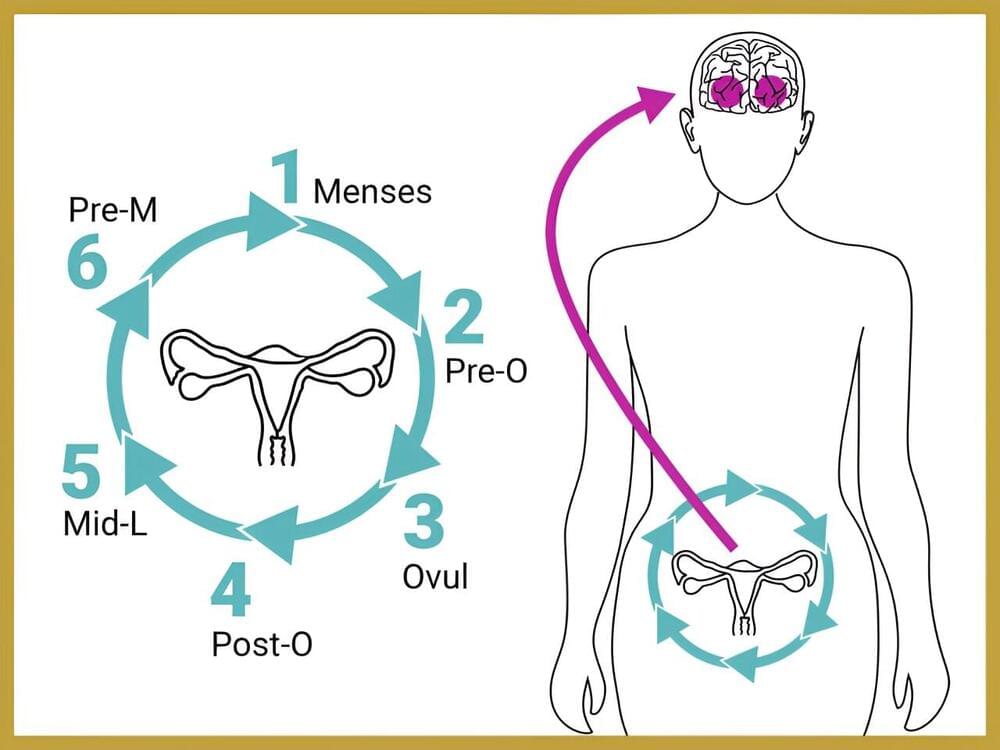Tomorrow Bio’s founder and CEO Dr. Emil Kendziorra will give a presentation introducing the topic of cryonics, followed by a Q&A with the audience.
Category: life extension – Page 192
Restoring nerve-muscle connections boosts strength of aging mice, Stanford Medicine study finds
A drug that boosts strength in injured or aging mice restores connections between nerves and muscle and suggests ways to combat weakness in humans due to aging, injury or disease.
What’s delaying regenerative medicine? Bill Faloon at RAADfest 2023
If you want optimism about life extension, here is Bill Faloon at RAADFest with the latest.
Bill Faloon gave the keynote presentation at the RAADfest conference in September 2023. In his talk, he discussed many of the advances in longevity research over the past year and described the main barrier to faster advances in regenerative medicine.
Incredible Minds: The Collective Intelligence of Cells During Morphogenesis with Dr. Michael Levin
The Collective Intelligence of Cells During Morphogenesis: What Bioelectricity Outside the Brain Means for Understanding our Multiscale Nature with Michael Levin — Incredible Minds.
Recorded: April 29, 2023.
Each of us takes a remarkable journey from physics to mind: we start as a blob of chemicals in an unfertilized quiescent oocyte and becomes a complex, metacognitive human being. The continuous process of transformation and emergence that we see in developmental biology reminds us that we are true collective intelligences – composed of cells which used to be individual organisms themselves. In this talk, I will describe our work on understanding how the competencies of single cells are harnessed to solve problems in anatomical space, and how evolution pivoted this scaling of intelligence into the familiar forms of cognition in the nervous system. We will talk about diverse intelligence in novel embodiments, the scaling of the cognitive light cone of all beings, and the role of developmental bioelectricity as a cognitive glue and as the interface by which mind controls matter in the body. I will also show a new synthetic life form, and discuss what it means for bioengineering and ethics of human relationships to the wider world of possible beings. We will discuss the implications of these ideas for understanding evolution, and the applications we have developed in birth defects, cancer, and traumatic injury repair. By merging deep ideas from developmental biophysics, computer science, and cognitive science, we not only get a new perspective on fundamental questions of life and mind, but also new roadmaps in regenerative medicine, biorobotics, and AI.
Michael Levin received dual undergraduate degrees in computer science and biology, followed by a PhD in molecular genetics from Harvard. He did his post-doctoral training at Harvard Medical School, and started his independent lab in 2000. He is currently the Vannevar Bush chair at Tufts University, and an associate faculty member of the Wyss Institute at Harvard. He serves as the founding director of the Allen Discovery Center at Tufts. His lab uses a mix of developmental biophysics, computer science, and behavior science to understand the emergence of mind in unconventional embodiments at all scales, and to develop interventions in regenerative medicine and applications in synthetic bioengineering. They can be found at www.drmichaellevin.org/

Aubrey de Grey — Bridging the Gap between Cryonics and Life Extension
In this episode, Max and Daniel sit down with the renowned Aubrey de Grey to discuss the connection between life extension and cryonics. They cover a wide range of topics, diving into the latest breakthroughs and obstacles in both fields.
In this captivating conversation, they explore:
-The current state of rejuvenation technologies.
–Recent advances in longevity research over the past decade.
–Challenges still facing life extension science.
–Perspectives on achieving longevity escape velocity.
–Progress in robust mouse rejuvenation experiments.
–Aubrey de Grey’s journey into the world of cryonics.
–Tanya Jones’s new cryonics venture, Keinice.
–Innovative cryopreservation techniques using helium persufflation.
–The importance of cryonics vs life extension.
–The potential for cryonics to become mainstream.
–The search for major donors to support cryonics research.
–And much more!
As always, you can find Max and Daniel over at the Cryosphere Cryonics discord server: https://discord.gg/cryosphere.
You can listen to the audio only version at our website or any of your favorite podcast apps:
https://www.cryonicsunderground.com/1510453/12638348-aubrey-…-extension.
Visit Aubrey’s new organization The Longevity Escape Velocity Foundation https://www.levf.org/

Acylcarnitines Increase During Aging, And Are Associated With Poor Health
Join us on Patreon! https://www.patreon.com/MichaelLustgartenPhD
Discount Links:
At-Home Metabolomics: https://www.iollo.com?ref=michael-lustgarten.
Use Code: CONQUERAGING At Checkout.
Epigenetic Testing: https://trudiagnostic.com/?irclickid=U-s3Ii2r7xyIU-LSYLyQdQ6…M0&irgwc=1
Use Code: CONQUERAGING
NAD+ Quantification: https://www.jinfiniti.com/intracellular-nad-test/
Use Code: ConquerAging At Checkout.
Oral Microbiome: https://www.bristlehealth.com/?ref=michaellustgarten.
Enter Code: ConquerAging.
At-Home Blood Testing (SiPhox Health): https://getquantify.io/mlustgarten.

Baby neurons in adult brains are needed to maintain memory
A quarter-century ago, researchers discovered that adults, not just developing infants, can generate new brain cells, a process called neurogenesis. But it’s still not clear what role these new neurons play in health or disease.
In a new mouse study, Columbia University researchers found that neurogenesis in adults is critical for maintaining brain circuits that support working memory across the lifespan and chronic loss of adult neurogenesis causes progressive memory loss, like that seen in age-related cognitive decline and Alzheimer’s disease in humans.
The study, “Adult-born neurons maintain hippocampal cholinergic inputs and support working memory during aging,” was published in July in the journal Molecular Psychiatry.

Brain regions important for memory, perception are remodeled during the menstrual cycle, study finds
Central learning and memory hubs change in response to sex hormones. A new study in Nature Mental Health by Rachel Zsido and Julia Sacher of the Max Planck Institute for Human Cognitive and Brain Sciences and the University Clinic in Leipzig, Germany, links rhythmic oscillations in ovarian hormone levels in women during the menstrual cycle to changes in brain structure.
Ovarian hormones have significant effects on the brain, and early menopause may be associated with an increased risk of accelerated brain aging and dementia later in life. However, the effects of ovarian hormone fluctuations on brain structure earlier in life are less defined. In their current study, Zsido and Sacher show that fluctuations in ovarian hormones affect structural plasticity in key brain regions during the reproductive years.
To do this, the scientists collected blood samples from 27 female study participants, used ultrasound to track follicle growth in the ovaries to pinpoint ovulation timing, and utilized ultra-high field 7 Tesla MRI to zoom into subregions of the medial temporal lobe and hippocampus. That’s because these regions are dense with sex hormone receptors and are critical for cognitive function, such as episodic memory.